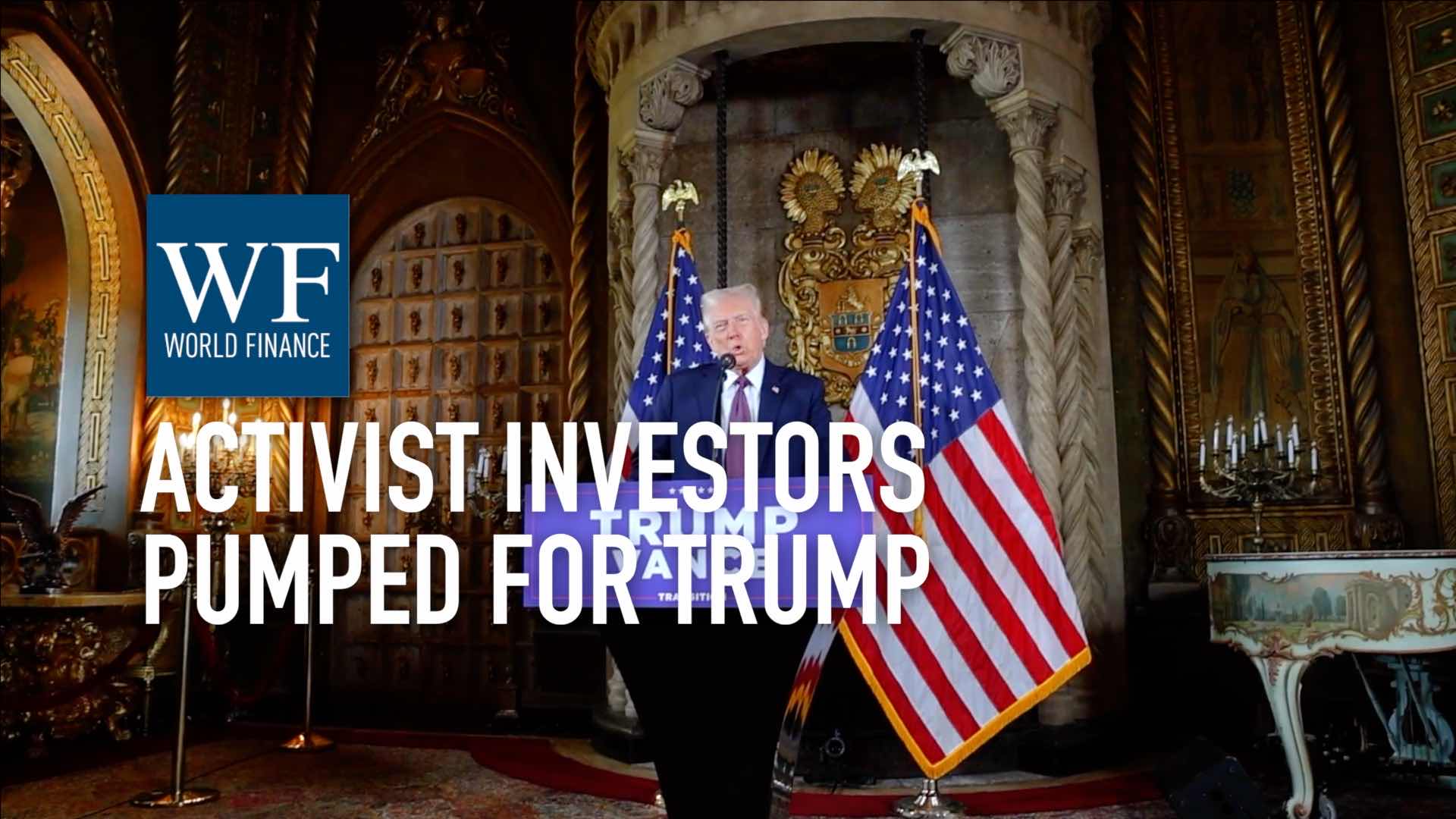Nuclear deal will make Iran ‘an extremely attractive place for investment’
World Finance examines whether a nuclear deal could boost Iran's investment prospects
Related:
Transcript
In recent years, the Iranian economy has suffered tremendously as a result of conflict, corruption and sanctions. But with a nuclear deal on the horizon, the country’s fortunes may be about to change. World Finance speaks to Trita Parsi, President of the National Iranian American Council, about what we can expect for Iran’s economy.
World Finance: How does Iran’s economy stand today?
Trita Parsi: The Iranian economy has suffered tremendously as a result of a combination of mismanagement, corruption and of course the sanctions that have been imposed by the United States and the west. There are a lot of structural problems in this economy, but in the last year and a half, in fact the bit before Rouhani became president, they were starting to see some shits. Some areas were starting to pick up. Inflation was coming down, unemployment is coming down, but the economy has a very, very long way to go, it’s nowhere near where it should be. Mindful of the tremendous potential Iran has, both in the sense of having a tremendous amount of natural resources and a highly educated and sophisticated public, it should be doing much, much better than it currently is.
[T]he economy has a very, very long way to go, it’s nowhere near where it should be
World Finance: Would you advise people to invest in Iran?
Trita Parsi: If there is a deal, Iran is going to be an extremely attractive place for investment. In fact, there’s not going to be any market as large as the Iranian one that has opened up in the last 30 years. So there’s going to be quite a rush, there’s going to be a lot of business opportunities. Just to give a point of comparison, when Myanmar opened up after the sanctions there was quite a lot of excitement because it was a new market, not a huge one, but nevertheless it was the newest one that had opened up. Cell phone penetration in Myanmar stood at three percent, meaning for every hundred people in Myanmar there were three cell phones. Guess what the penetration is in Iran. It is 125 percent. For every four Iranians there are five cell phones. It is a very sophisticated market, yearning for the type of high tech goods that the west is very good at producing.
World Finance: Well Iran’s economy is largely centrally controlled. Do you believe this is a good way to run the economy?
Trita Parsi: There is going to be a need for a lot of reform in that economy and a lot of different things to make it much more competitive. But it is an interesting economy, Iran is self sufficient in many different areas, so it is an economy that has, partly as a result of sanctions, managed to cope in spite of a lot of connectivity with the outside world.
World Finance: And how safe is the country to do business with?
Trita Parsi: When it comes to safety in general in Iran, Iran is a very safe country. When it comes to making sure that the legal codes are such that investments are protected etc., there’s still some problems, but it is nevertheless going to be a very interesting and lucrative market, granted of course that sanctions are lifted and that they find an agreement on the nuclear front.

 Prepare now for aggressive shareholder activism under Trump 2.0, says Kai Liekefett
Prepare now for aggressive shareholder activism under Trump 2.0, says Kai Liekefett Banco Popular Dominicano: Digitalising Dominican finance
Banco Popular Dominicano: Digitalising Dominican finance
